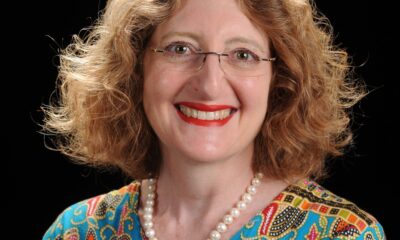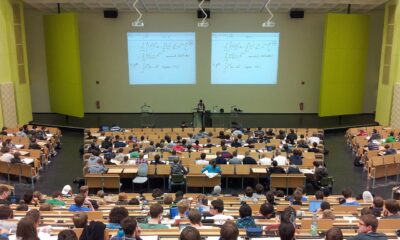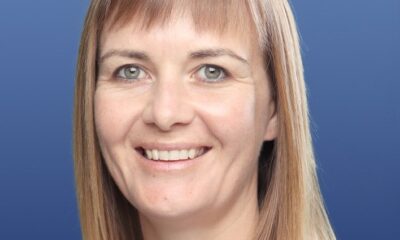
Featured Item
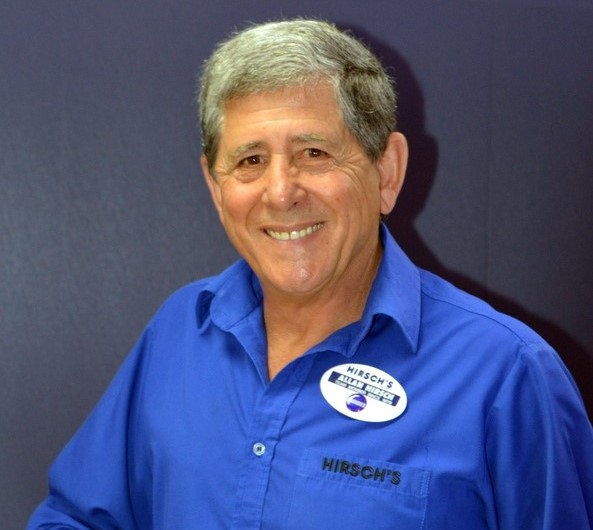
Being a success isn’t dependent on matric results
Success in life isn’t dependent on how well you did in matric. In fact, for some, it has nothing whatsoever to do with it. South African entrepreneurs Adi Kaimowitz, Larry Nussbaum, and Allan Hirsch are testimony to this.
Kaimovitz, who matriculated from King David Linksfield in 1996, says he was a disruptive student who preferred playing TV games as opposed to studying hard. He went on to found Virtual Actuary, which is now seen as an equal to “the big four” consulting firms in South Africa.
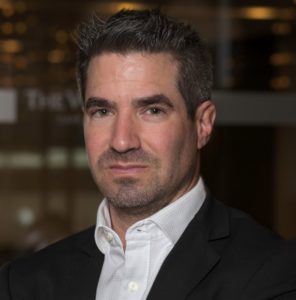
Nussbaum, who matriculated from King David Victory Park in 2000, battled at school. “I struggled to maintain focus and was easily distracted,” he says. “It was put down to the fact that I was lazy.”
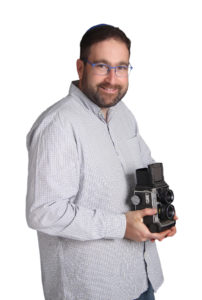
Not only would he get a huge confidence boost when he was diagnosed with ADHD (attention deficit hyperactivity disorder) as an adult, but he also founded YouView, which helped the Chevrah Kadisha to livestream its funerals during the COVID-19 pandemic. “In so doing, we were able to help get closure for people who weren’t physically able to attend a funeral of their loved ones,” Nussbaum says.
Walt Disney, Bill Gates, Steve Jobs, and Hirsch didn’t finish school. However, the latter went on to start Hirsch’s, a multibillion-rand organisation with 750 employees.
In spite of struggling academically at school, Hirsch, Kaimovitz, and Nussbaum all say it did have an impact on what they went on to achieve.
As an adult, Hirsch was diagnosed as dyslexic, but during his school days, he thought he was stupid, and his teachers said he would never make anything of his life. “In Grade 2, I was actually held back. After I failed Grade 4, it was decided that I should perhaps go to a boarding school with fewer children in a class, so off I went to boarding school, and passed my year there. But during that year, my father became ill and they suggested we move from Johannesburg to the coast.”
Hirsch subsequently failed Grades 5 and 6 in the KwaZulu-Natal North Coast. “But then I had quite a good run, passing Grades 7 and 8. Then I went to a technical school in Pietermaritzburg because I needed to learn to use my hands as I couldn’t read and write properly. I passed Grade 9, but failed Grade 10. I took my report card to my father with all these little red rings on it. I thought he was going to tear me apart, but he just said, ‘Son, you must realise you are never going to get a matric. What you should do is pick a trade. Maybe one day you can buy your own little bakkie and perhaps start your own business.’”
Hirsch got a job as an apprentice appliance mechanic at Fuchsware. “At the start of my final year there, I met a girl called Margaret, and we married 11 months later. Margaret told someone, ‘Allan believes he’s stupid.’”
He was advised to see a professor who specialised in child learning problems.
“You’re dyslexic,” the professor told Hirsch. “You’ve got this handicap, but you need to learn to overcome it.”
Hirsch says his life changed in that moment. “I believed I could do anything. I realised this garbage around me the whole time was actually a gift. All I had to do was unwrap it. The rest is history.”
He says he’s blessed to have an “amazing gift. I realised only after school that if I had to write an essay or exam, I had to start with the end in mind. How was I going to get there? What words could I spell? How could I say something without using words that I couldn’t spell? Lateral thinking came quite easily to me. Even today, when there’s a problem at work, I think, ‘What’s the solution?’”
Eventually, he started Hirsch’s. “I found a property. For the business to have a bit of integrity, I wanted a phone number, an invoice book, and a sign on the building. People who worked at another company walked up the road and said they wanted to work for me. These guys ended up doing a phenomenal job.”
Kaimovitz, meanwhile, spent his 20s working in different companies, hoping he would latch on to something he could make a success out of.
“Eventually, I was introduced to the actuarial world, initially as a recruiter, and then once I found this industry, I eventually found something that I could be quite proud of.”
When he conceived the idea of Virtual Actuary, a consortium of consulting actuaries, he held on to it for dear life. “We’re now bigger than a lot of the big four consulting firms,” Kaimovitz says.
Nussbaum scraped through matric. “I got an F for Afrikaans and accounting, and lower marks for the rest of my subjects.”
He spent his time at school with the school photographer and during breaks, he repaired all the audiovisual equipment.
So, he went into the IT and photographic industry, working with his father as a photographer. The idea for YouView came about when his father was approached about 18 years ago by a couple who were getting married and their mother couldn’t attend the wedding. “I started experimenting with livestreaming back then and put together a system to livestream the wedding,” Nussbaum says.
Today, YouView continues to livestream the Chev’s funerals. “It comes down to hard work and perseverance,” Nussbaum says of the secret behind YouView’s success. “After all, this a service I tried to sell for years and nobody saw the value.”
One of Hirsch’s secrets, Hirsch says, is, “The more effort we put into educating and training our team members, the better they make us.”
“One of our greatest secrets is that we’ve been able to attract some of the best actuaries in the country by paying them way above the market norm for a consulting business,” Kaimovitz says. “It leads to a business having one of the strongest teams in the country because people feel well-remunerated and appreciated. Then the clients get a fantastic service because the team works well.”





